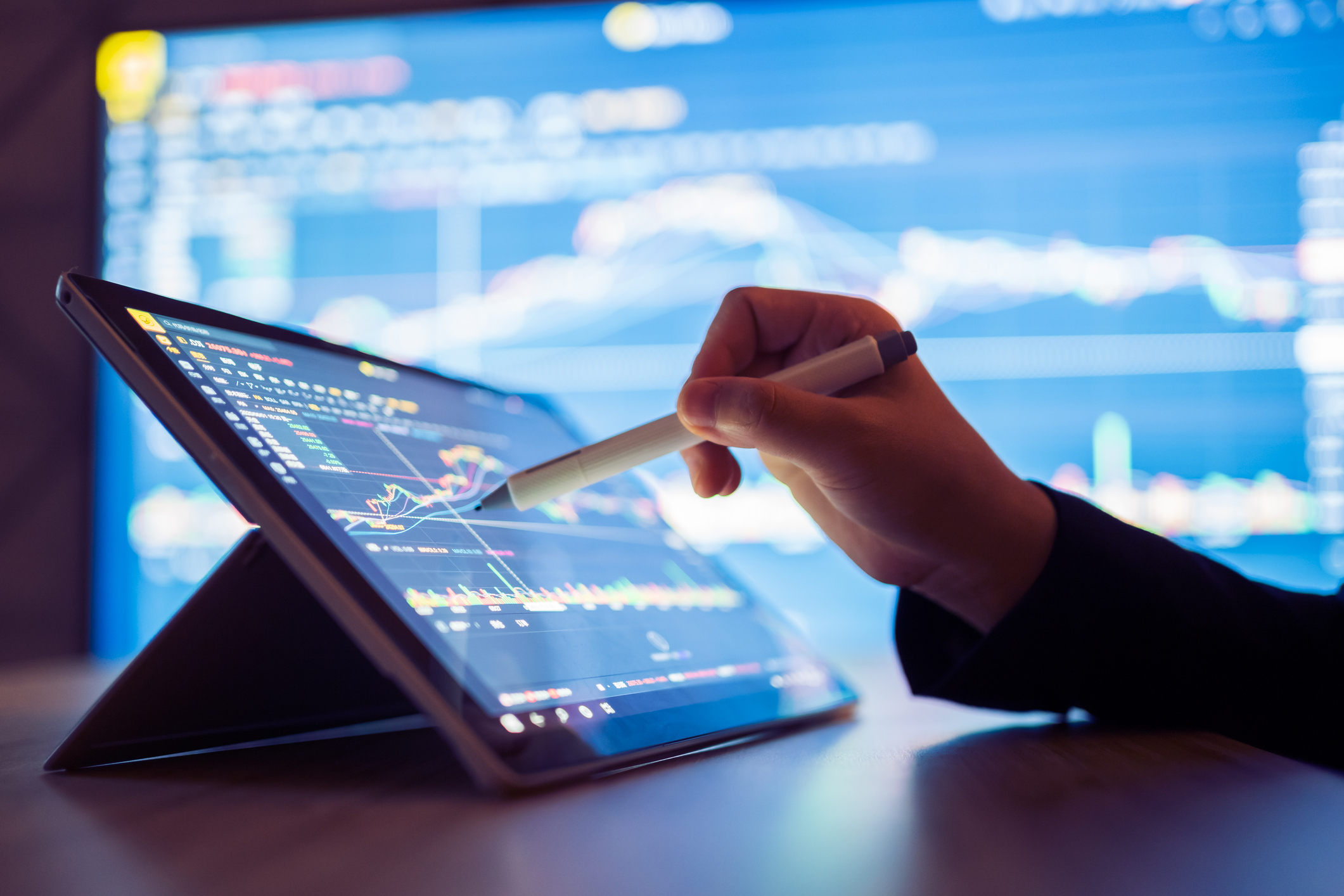Throughout the past several years, technologies like computers and tablets have helped researchers assess people’s memories and cognition to identify early signs of dementia.
Digital tools and platforms are shifting research beyond traditional clinical settings, making it easier for researchers to obtain data, clinicians to gather data for diagnosis, and for individuals to monitor their own brain health.
Brain Health Registry researchers are working at this exciting intersection of technological and medical advancement. We’d like to share some of our new research, and relay recent strides in the Alzheimer’s field.
From Clinic to iPad
BHR scientists recently published a new study comparing the ReVeReTM word list recall memory test taken on an iPad to a standard test administered by a medical professional in a clinic. The objective was to determine whether the iPad test, which does not require a clinician present, could reliably assess cognition when participants took it at home.

During the study, a total of 249 Brain Health Registry participants completed the standard test in the clinic, as well as the iPad test on their own at their home.
The iPad test assessed memory using speech recognition technology – the ability of devices to process spoken language.
While taking the test, participants listened to a list of fifteen words presented on the iPad. After hearing the word list, participants were asked to verbally recall as many of the words as possible, and the iPad recorded their responses. The participants were then prompted to listen to and recall the same word test multiple times. They completed the test six different times over a period of six months.
Analyses comparing the in-clinic test to the iPad test suggested that the iPad test is a valid and reliable way to assess an individual’s cognition remotely. These findings indicate that computerized memory tests that use speech recognition technology, like this one, may be useful for monitoring cognition. In the future, they could aid in the early detection of Alzheimer’s disease.
21st Century Research
Researchers have developed an impressive assortment of web and app-based cognitive tests, but there are many other technologies being used to remotely study brain health.
Tracking subtle changes in the body may also help predict dementia risk and onset. Researchers at the University of Kansas used a device called an accelerometer, which measures changes in motion, to continuously monitor research participants’ movements. They found specific aspects of gait were associated with mild Alzheimer’s disease.
Additionally, a study from researchers in Japan found that using technology to track subtle eye movements could help detect cognitive impairment.

Finally, increasingly sophisticated artificial intelligence is being integrated into people’s everyday home environments to monitor their health. These technologies can help form the so-called “smart home” to assist individuals with dementia with everyday activities like cooking, dressing, and automatically turning on electronics.
—
Within the next few months, the Brain Health Registry will be starting a new study, called the Mobile Toolbox Study, to evaluate smartphone-based tests of thinking and memory. These tests can be taken whenever there’s internet, and whenever is convenient for participants. Stay tuned for a possible opportunity to get involved!




